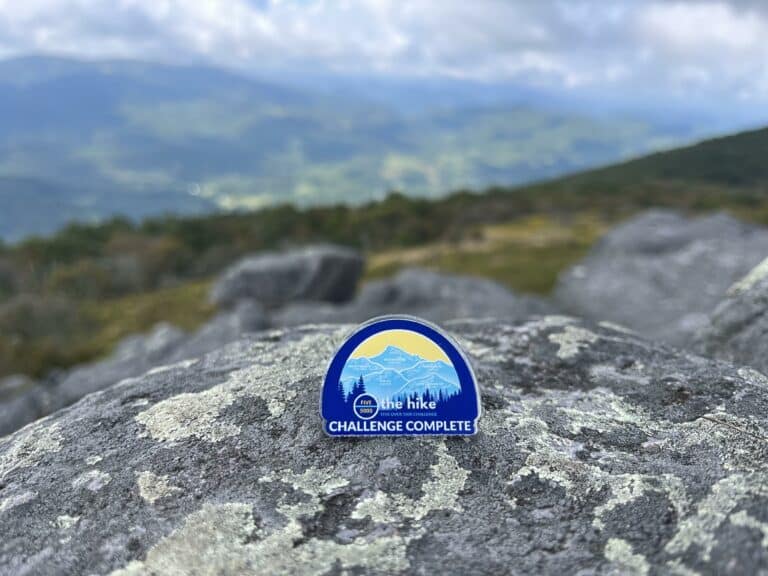New Hampshire hiker sets speed record on White Mountains
Philip Carcia, 35, set a new fastest known time speed record on “the grid” of the White Mountains. Backpacker Magazine describes the grid as “an obscure peakbagging challenge” in which hikers climb to the top of all 48 New Hampshire 4,000-foot peaks every month of the year—that’s 576 summits total. The climbs do not have to take place in consecutive months of the calendar year but that’s just what Carcia did anyway, clocking 40 to 80 miles and 20,000 to 30,000 feet in elevation gain every week to finish the challenge in 319 days.
Only about 100 hikers have completed the challenge and only one other has done so in a single calendar year. Sue Johnston, of Vermont, summited her 576th peak 11 months and 16 days after beginning the challenge.
New NC law favors native plants on highways
A law recently passed in North Carolina will require the North Carolina Department of Transportation (NCDOT) to place strong preference on native plants when landscaping highway right of way. Native plants require less water and fertilizer and provide critical habitat for insects, birds and other wildlife that depend on the plants for survival.
NCDOT says that, while native plants have not been a requirement in the past, they’ve already transitioned to primarily using native plants in their landscape designs. It may take years to notice significant changes because non-native plants won’t be removed from highway right of way but will be slowly replaced over time, when the need arises. Still, North Carolinians can rest assured that, as the years go by, the number of native plants adorning the highways will grow.
EPA allows continued use of pesticide that damages children’s brain development
EPA administrator Andrew Wheeler has decided to allow chlorpyifos to continue to be used on non-organic food crops like peaches, apples, oranges, corn and cherries. The pesticide has been shown to damage children’s brains, even at low levels. The chemical was scheduled to be banned in 2017 but the Trump administration overturned the ban and Wheeler has decided to let that decision stand.
The Environmental Working Group reports that “the evidence is overwhelming that even small doses of chlorpyrifos can damage the parts of the brain that control language, memory, behavior and emotion.” Independent studies have shown that exposure to chlorpyrifos lowers children’s IQs. The EPA calculates that babies, children and pregnant women all consume much more of the pesticide than is safe. Babies and pregnant women are exposed to five times more of the pesticide than is deemed safe. Toddlers and older children are exposed to 11 to 15 times the “safe” limit of the chemical.
Photo of White Mountains, New Hampshire by Daniel Huizinga – https://creativecommons.org/licenses/by/2.0/








